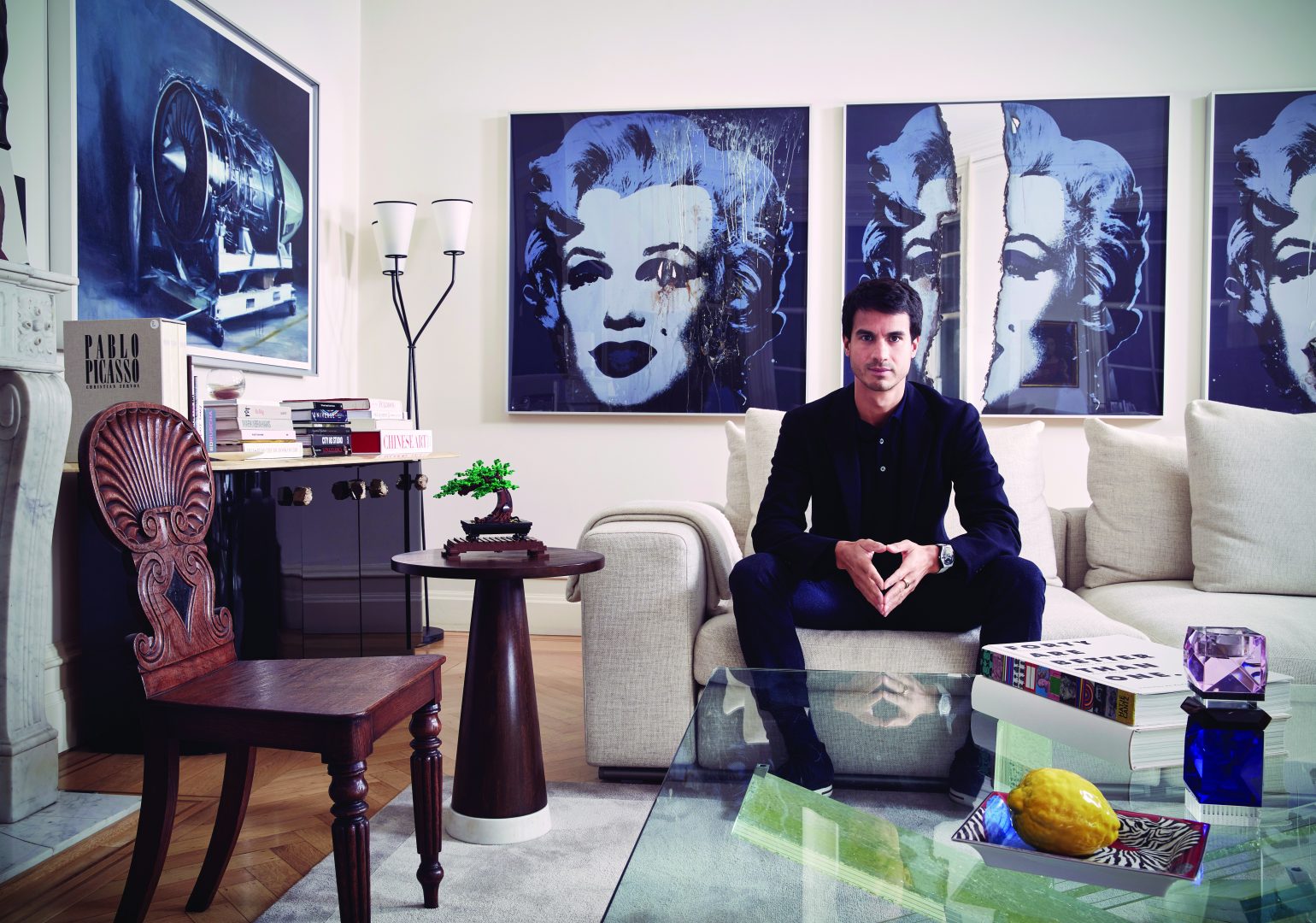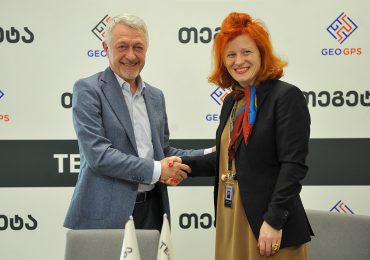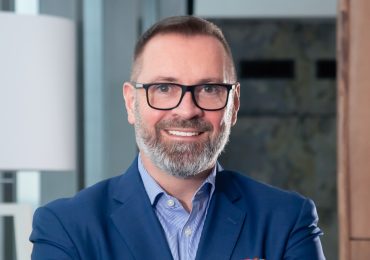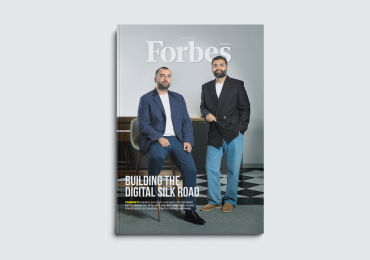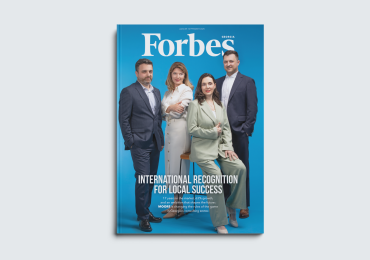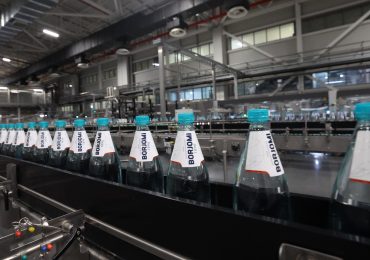John Dodelande is betting big on Georgia. The entrepreneur and art collector is leading a wave of projects that fuse projects that blend hospitality, art, and innovation starting with the country’s first airport hotel under ACCOR’s Ibis brand. But his ambitions extend far beyond real estate.
For travelers arriving in Tbilisi late at night or business professionals catching an early morning flight, the newly opened ibis Tbilisi Airport Hotel fills a crucial market gap. Located just a five-minute walk from the terminal, the hotel features modern guest rooms, a continuously operating restaurant and bar called L’Avion that offers Georgian and European cuisine, spaces for meetings and conferences, and wellness facilities, including yoga and fitness areas. The hotel’s interior incorporates traditional Georgian carpets alongside artwork, blending practicality with local cultural elements.
Developed by Fujin Silk Properties LLC, with backing from the Bank of Georgia, the hotel reflects Dodelande’s mission to integrate contemporary art with business. “My broader mission is to contribute to making the world more meaningful, beautiful, and connected through art, culture, and experience,” Dodelande says. At a young age, he emerged as a pivotal figure in bridging Eastern and Western markets. His hotel, which began operating on October 1, 2024, with its formal launch scheduled for May 2025, represents just the first phase of an ambitious 39,000-square-meter development plan approved by Tbilisi’s city municipality. The plan envisions transforming the Tbilisi airport area into a leading regional travel hub with upgraded infrastructure, improved connectivity, and expanded hospitality services.
As Georgia’s first branded airport hotel, the ibis Tbilisi Airport is poised to elevate tourism and reinforce Tbilisi Airport’s role as a dynamic regional hub. The launch comes at a strategic moment: once a vital artery of the ancient Silk Road, Georgia is reasserting itself as a modern gateway between East and West. Before the COVID-19 pandemic, the country welcomed nine million visitors annually—more than twice its population of approximately 3.7 million. As international travel picks up, Dodelande is banking on Georgia’s growing stature as a bridge between cultures and economies.
Dodelande’s journey began far from the Caucasus mountains. At just 17, he launched his first business venture, driven by what he describes as “intuition and a kind of creative rebellion.”
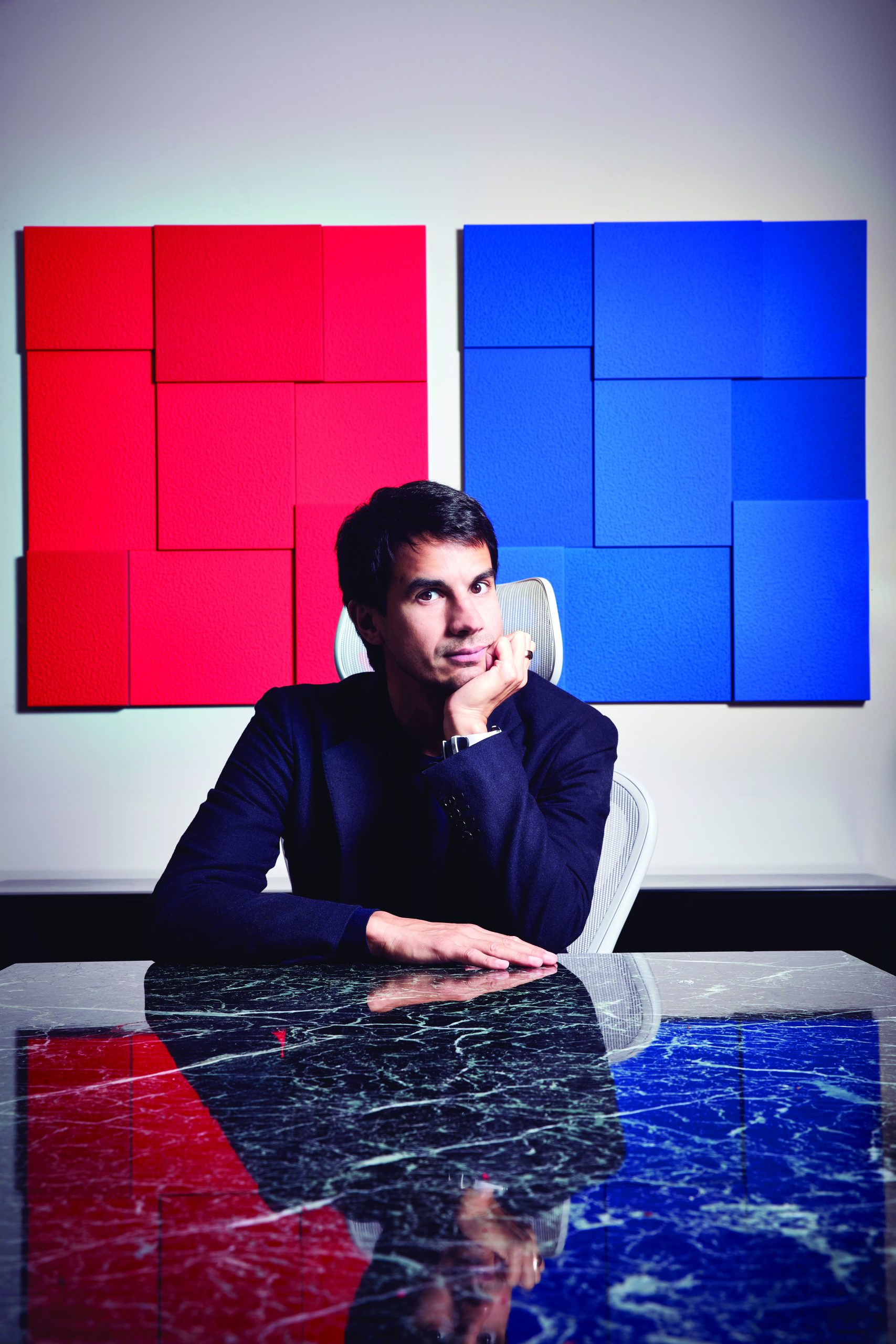
“I was always curious, a bit restless, and I trusted my instincts even when they went against the grain,” Dodelande reflects. “I didn’t have a textbook plan; I just knew I wanted to build things that made sense to me.” This early entrepreneurial spirit evolved into a sophisticated approach to business that spans continents. But perhaps his most significant personal passion emerged when he discovered contemporary Chinese art over a decade ago. “I was drawn to the Chinese contemporary art scene by its freedom and abstraction,” Dodelande explains. “Artists there weren’t necessarily making political statements; they were exploring ideas, form, and emotion. It was a breath of fresh air.”
What began as curiosity grew into one of the most significant collections of contemporary Chinese art held by a European collector. This passion culminated in a collaboration with Adrian Cheng and luxury publisher Assouline to produce “Chinese Art: The Impossible Collection,” a definitive volume documenting the movement’s evolution. Dodelande has lent works to numerous museums and made history by organizing the first contemporary Chinese art exhibition in Georgia. His collecting philosophy transcends mere acquisition. “For me, collecting is storytelling,” he says. “It’s not about trends or names but about assembling pieces that reflect a journey, a belief, or a moment. I like mixing eras and styles—placing a classical piece next to something ultra-contemporary—to start new conversations. I don’t collect to own; I collect to connect and feel.” In 2022, Dodelande co-founded LITO, a printmaking company in Bregenz, Austria. The company has developed technology that prints texture and brushstroke effects on paintings, achieving reproductions that are “99.9% identical to the originals,” according to Dodelande.
LITO operates two branches: LITO Editions commissions contemporary artists to create limited editions, while LITO Masters partners with museums for the preservation and reproduction of masterpieces. The company has collaborated with the Georgian National Museum to reproduce paintings by Niko Pirosmani, five of which are displayed in premium suites at the Ibis Tbilisi Airport Hotel—offering a museum experience where guests can quite literally live with a masterpiece. The streets within the hotel are named after Pirosmani’s paintings, with corresponding reproductions displayed inside.
When asked why Georgia became central to his operations, Dodelande speaks of the country’s “raw, untouched energy” and cultural richness. “There’s incredible talent, from architecture to visual art, and a sense of freedom you don’t always find in larger markets,” he says. He highlights Georgian artists like Tamo Jugeli as examples of the country’s creative potential—artists whose bold, globally resonant voices are rooted in local history.
His first major investment in the country, the ibis Tbilisi Airport Hotel, has already proven successful. According to Dodelande, the hotel’s occupancy rate has been consistently higher than the majority of city hotels in Tbilisi since its opening day—remarkable in Tbilisi’s increasingly competitive market.

The project’s distinction comes not just from its location but from its conception as a lifestyle destination rather than merely accommodation. “We designed everything from scratch, allowing us to fully implement our vision,” Dodelande says. “The hotel is more than a place to stay; it is a space for people to live, work, and enjoy themselves.”
The project brought together an international team assembled by Fujin Silk Properties. A French architect who previously worked with Rem Koolhaas collaborated with a Georgian interior design firm, guided by Swedish hospitality expertise and legal counsel from Paris and Tbilisi. ACCOR has recognized it as the best ibis design hotel in the region.
“I’m incredibly grateful for everything John Dodelande has done for Georgia—not just through investment, but through his genuine belief in the country’s potential,” says Nina Gibbons, Dodelande’s right-hand Project Manager. “After spending 17 years in the UK, it was his inspiring airport hotel project that made it possible for me to return home. When the offer was presented to me, I knew I couldn’t, in good conscience, turn it down. It was a chance to contribute to something greater—a step toward real progress for my country.”
The hotel offers comprehensive amenities, including business facilities and parking, addressing practical needs for both business and leisure travelers. Dodelande’s investments in Georgia also include planned Swiss and French style chalet developments in Kobi, to be built to European standards with a focus on preserving the environment and natural heritage.
Georgia is positioned at the heart of this historic trade route, making it one of the most strategically significant touristic destinations, he explains. The country’s recent ranking among the top five safest countries globally further enhances its appeal.
“In many ways, Georgia represents for the Silk Road what Italy or Switzerland represents for Europe – renowned for its excellent wine, stunning mountains, and beautiful landscapes,” Dodelande observes.
“I’m deeply involved in the Georgian scene,” Dodelande says of the local art community. “Artists here bring a unique perspective – shaped by post-Soviet history, but with a global language. There’s a boldness and honesty in their work. I see Georgia as a cultural bridge between Europe, Asia, and the Middle East.”
Looking ahead, Dodelande remains committed to expanding in Georgia, leveraging a strong alliance with Aéroports de Paris (ADP), which holds a 47% stake in TAV—the operator of Tbilisi International Airport. His team has fulfilled a key government obligation: delivering the first branded hotel at Tbilisi Airport on time and to high standards, even as discussions around a potential airport relocation by 2030 continue.
“We will continue investing in Georgia, ensuring sustained growth year after year,” Dodelande affirms. His business philosophy focuses on long-term value rather than quick returns. The thread running through his ventures—from art collection to technology to real estate—is blending creativity with innovation. “All my projects are about bridging gaps between tradition and innovation, past and future,” Dodelande says. As our conversation concludes, he offers advice to aspiring entrepreneurs: “Don’t be afraid to mix worlds. The best ideas often come from unexpected intersections. Stay curious, trust your instincts, and build teams that complement your vision. Focus on creating real value—not just noise.”
Through his diverse ventures, Dodelande is constructing bridges between cultures, making art accessible, and positioning Georgia as a hub on the modern Silk Road. As travelers pass through Tbilisi Airport in the coming years, they’ll encounter not just a hotel but a vision of what’s possible when entrepreneurship is driven by both business insight and cultural appreciation. For Dodelande, it’s another step in a journey shaped by bold ideas, creative ambition, and a deep connection to the places they invest in.

